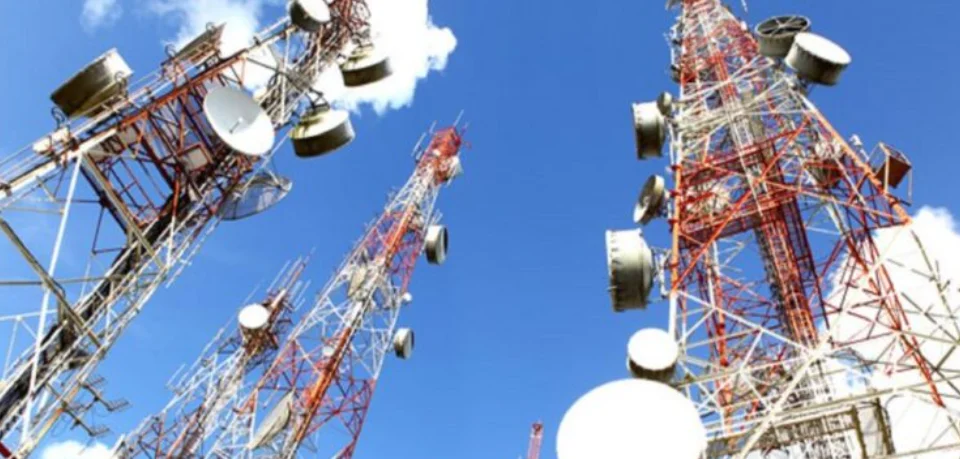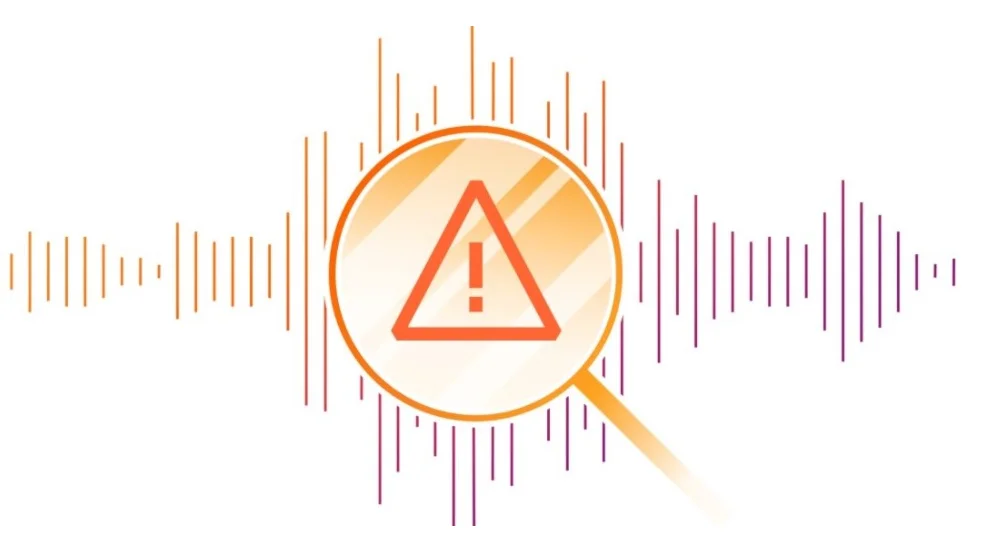Nigeria’s ICT Sector Surges 31.63% in Q1 2025, Boosting GDP Contribution Post-2019 Rebasing
Nigeria’s Information and Communications Technology (ICT) sector delivered impressive growth in the first quarter of 2025, expanding 31.63% year-on-year in nominal terms, according to the latest GDP report by the National Bureau of Statistics (NBS). This surge underscores the sector’s vital role in Nigeria’s digital and economic transformation, especially following the rebasing of GDP using 2019 as the new benchmark year.
ICT Sector’s Best-Ever Nominal Performance
The Q1 2025 performance represents:
- A 28.23 percentage point jump from Q1 2024’s 3.40% nominal growth
- A 13.67-point increase from Q4 2024
- The sector’s contribution to nominal GDP rose to 10.29%, up from 9.25% (Q1 2024) and 8.55% (Q4 2024)
This data confirms ICT’s rising importance as a key driver of Nigeria’s non-oil GDP growth.
Real GDP Growth Shows Seasonal Decline But Annual Improvement
In real terms (adjusted for inflation):
- ICT posted a 7.40% year-on-year growth, an increase of 3.36 percentage points over Q1 2024
- However, quarter-on-quarter, real GDP fell by -8.86%, reflecting typical seasonal declines after the Q4 consumption peak
Despite the dip, the ICT sector’s real GDP contribution rose to 10.59%, compared to 10.17% in Q1 2024 and 9.32% in Q4 2024.
Breakdown of Nigeria’s ICT Sector
The ICT sector, as defined by the NBS, includes:
- Telecommunications and Information Services
- Publishing
- Motion Picture, Sound Recording, and Music Production
- Broadcasting
Among these, telecommunications remains the dominant sub-sector, driven by:
- Increased broadband penetration
- Rising mobile subscriptions
- Higher data consumption rates
These trends have continued to power the sector’s resilience and expansion in both urban and rural areas.
GDP Rebasing: 2019 as the New Economic Baseline
In January 2025, NBS officially rebased Nigeria’s GDP using 2019 as the new base year, replacing the 2010 benchmark. According to the agency:
- 2019 was chosen for its relative economic stability before the COVID-19 shock and global volatility
- The rebased nominal GDP for 2019 increased by 41.7% compared to the old base
- Subsequent years saw continued upward revisions:
- 2020: +39.0%
- 2021: +38.7%
- 2022: +36.1%
- 2023: +34.6%
- 2024: +35.4%
Nigeria’s Revised Real GDP Growth Post-Rebasing
Based on the rebased figures, Nigeria’s real GDP growth rates from 2020 to 2024 are:
- 2020: -6.96% (pandemic impact)
- 2021: 0.95%
- 2022: 4.32%
- 2023: 3.04%
- 2024: 3.38%
These figures provide a more accurate reflection of Nigeria’s economic trajectory post-pandemic, with ICT emerging as a resilient growth pillar.
Conclusion
The ICT sector’s 31.63% nominal growth in Q1 2025 and rising GDP contribution underscore its critical role in Nigeria’s digital economy. With telecommunications leading the charge, the sector continues to benefit from strong investment, broadband expansion, and evolving consumer behaviour.
The recent GDP rebasing offers a clearer, modernised picture of the economy—placing ICT at the forefront of Nigeria’s post-oil economic diversification strategy.












